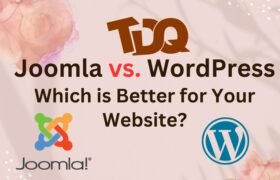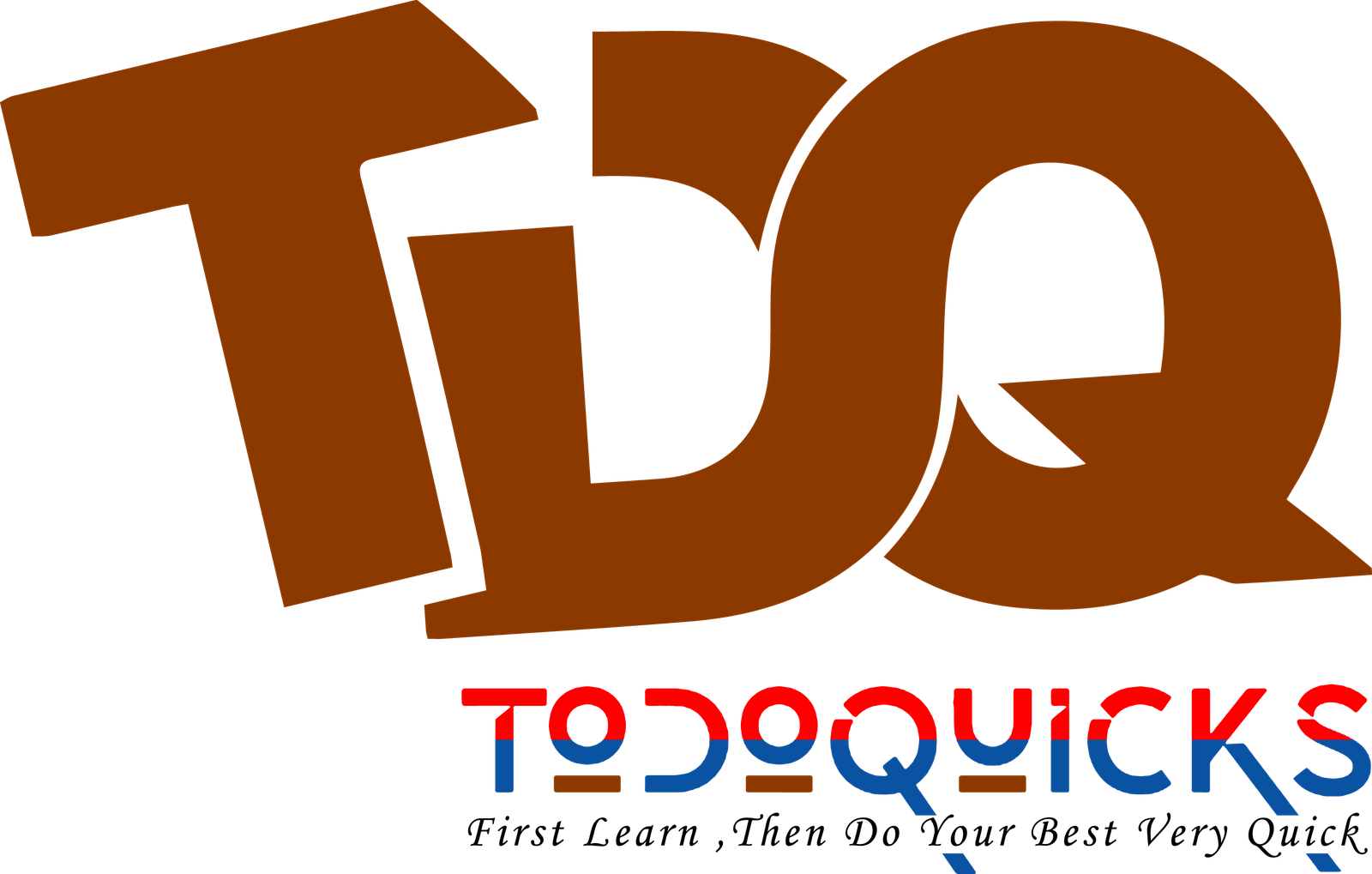Joomla vs. WordPress: Which is Better for Your Website?

When it comes to web development, choosing the right Content Management System is vital. Among the most popular CMS tools are Joomla and WordPress. Both of them come with their unique features, benefits, and challenges. Differences help you to identify which of the two resources is a better selection for your project. This paper is designed to compare Joomla vs WordPress to help you select the most suitable product for your website.
What is WordPress?
WordPress is a free and open-source web development platform or content management system that empowers more than half of the world’s websites, making it the best website builder globally. First developed in 2003, it originally began as a simple blogging website, but now it allows building different types of websites, including e-commerce platforms, portfolios, and corporate web pages. The main factor of its popularity is the ease of use. There are a large number of both free and premium themes and plugins/extensions, and developers of all levels of expertise can ultimately customize them. Overall, choosing WordPress is the right decision.
WordPress Main Features:
* Ease of use—It offers a user-friendly interface that is easy for beginners to manage.
* Themes and plugins—there is a vast array of available plugins, and there are more than 4000 free themes and 50,000 plugins.
* SEO-friendly—it is suitable for search engines, and one of the most popular plugins is Yoast SEO, which aims to improve ranking.
* Community support—since it is an open-source platform, there is a worldwide WordPress community responsible for updates and patches.
* Content flexibility—it enables the creation of blogs, selling products, create a portfolio or a corporate website.
However, made with security and usability in mind, WordPress may also cause some issues. Because it is the most popular platform in the world, it is likely to be the most hacked, so some additional paid plugins may be required to increase security. Although it offers lots of plugins, it may be difficult to manage and update for less technologically skilled users.
What is Joomla?
In general, Joomla strikes a good balance between ease of use and advanced customization. While it’s not as user-friendly as Joomla, it may offer more out-of-the-box options for developers. As a result, Joomla’s user-friendliness may be seen as a plus if you’re developing a site that needs more advanced user management or more complex navigation. For instance, Joomla is an appropriate choice for building social networking websites. Joomla is a pretty decent CMS, and it’s tough to pinpoint the best features. However, the most likely candidates would include:
Advanced user management: Joomla beats every other CMS in user management.
Multi-language support: Joomla has multi-language support built into its core.
SEO tools: Joomla is nowhere as SEO-friendly as WordPress by default, although the settings are okay.
Extensions: There are a good number of extensions available for Joomla, although not nearly as many as for WordPress.
Customizability and control: Joomla’s power comes from its ability to control how your site is laid out and its structure and organization. As the possibilities for what Joomla can be used for are virtually limitless, there’s not one best use case.
Nonetheless, Joomla’s biggest downside is that it’s less user-friendly than WordPress. The learning curve for Joomla is steeper, so users without any technical background will find it challenging. It’s also less forgiving with plugin or extension selection, so it may take a while to find the right tools.
Joomla vs. WordPress: Which is Better for Your Website?
A comparison of both CMS is impossible as it depends on the type of website you want to create and your technical skills.
User Experience:
WordPress is user-friendly and very easy to use. On the other hand, Joomla is not relatively as easy to use but provides more options out of the box.
Customizations & Modifications:
WordPress has an enormous repository of themes and plugins, which allows for extensive customization without too much need for coding. However, you may need a premium plugin or custom development for particular functionalities. Joomla provides a slightly higher level of control over your website structuring, and the templates and extensions available are not as abundant or accessible as they are for WordPress. Thus, it would suit users with more complex customization needs.
SEO
WordPress has search engine optimization built into its design. There are quite a few SEO-oriented plugins available, such as the popular Yoast SEO, and these plugins are pretty easy to set up, allowing just about anyone to optimize their website for searches. Joomla also has built-in SEO, but its functionality is more limited than that of WordPress. Thus, promoting a Joomla-based website would require a bit more work, though it is not at any particular disadvantage.
Security
Due to its size and the number of sites that use it, WordPress is more likely to be targeted by hackers. However, many quality security plugins developed specifically for WordPress can eliminate most, if not all, such risks. Joomla is often thought of as the more secure platform by default. Although it is also less likely to be targeted by hackers, it also provides more advanced security settings, especially for user management.
Community
WordPress has a larger community, which typically translates into more dedicated forums, tutorials, and other resources. Joomla‘s community is also immensely loyal and established, but the resources will likely be less abundant.
Which One Should You Choose?
WordPress is the best choice for small to medium sites, blogs, or e-commerce platforms due to its accessibility and the number of themes, plugins, and other resources available. Joomla is better for more complex websites with advanced user management or otherwise complicated structures.
WordPress is the best option if you are looking for an easy-to-use platform that provides plenty of customization options. However, Joomla is also a solid choice with many advanced features and flexibility. It is, however, more complex and requires more time to understand. In conclusion, both platforms are powerful and can be used for various projects. The choice depends on the specific requirements and expectations of a user. Thank you for your attention.



